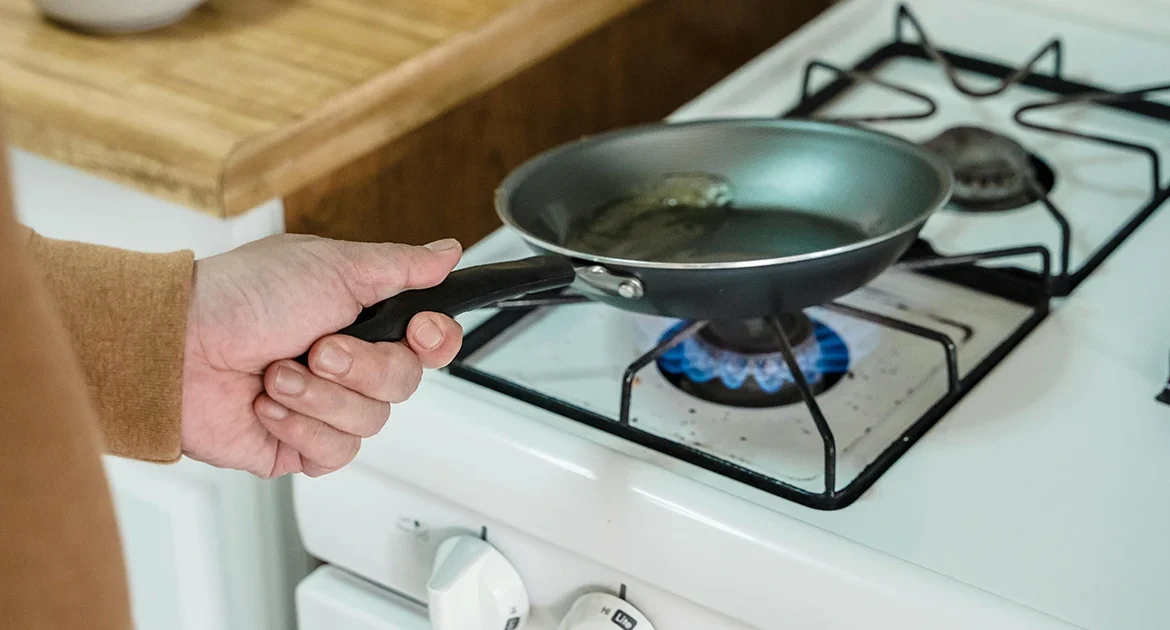A Gas Safety Check Certificate, often referred to as a Gas Safety Certificate or a CP12, is a legally required document that confirms the safety of gas appliances, fittings, and flues within a property. This certificate is particularly important for landlords, business owners, and homeowners in ensuring that their properties are compliant with safety regulations and that gas appliances are safe to use.

Understanding the Importance of a Gas Safety Check Certificate
Gas safety is paramount in any building where gas is used for heating, cooking, or other appliances. Carbon monoxide leaks, fires, and even explosions can result from faulty gas appliances. A gas safety check certificate provides peace of mind by ensuring that these risks are minimized through regular inspections and maintenance.
In many regions, including the UK, it’s a legal requirement for landlords to conduct annual gas safety checks for any property they rent out. This obligation exists to protect tenants from potential gas hazards and ensure a safe living environment.

Gas Certificate
Ensure safety and compliance with GSC Annual Gas Certificate services. Our Gas Safe registered engineers offer a fixed-price solution with no hidden extras. Opt for added peace of mind with the option to include a boiler service. Download your digital certificates effortlessly for a seamless and secure experience.
What Does a Gas Safety Check Certificate Cover?
A certified engineer issues a gas safety check certificate after conducting a thorough inspection of all gas appliances, such as boilers, heaters, and gas-powered stoves, as well as any connected piping and ventilation systems. The main elements of the gas safety inspection include:
- Ensuring Proper Installation – Each appliance must be properly installed according to safety standards to prevent future hazards.
- Checking for Leaks – Engineers test for gas leaks or emissions, such as carbon monoxide, that can be harmful if undetected.
- Assessing Ventilation – Proper ventilation is crucial for safely operating gas appliances, and the engineer will check to ensure that each appliance is adequately ventilated.
- Inspecting Safety Devices – Safety devices, such as cut-off valves, are checked to ensure they’re functioning correctly in the event of an emergency.
Upon completing the inspection, the engineer will issue a gas safety check certificate, detailing each appliance, any issues found, and their resolution if repairs were necessary.
Who Can Issue a Gas Safety Check Certificate?
Only qualified Gas Safe-registered engineers are legally permitted to issue a gas safety check certificate. When selecting an engineer, it’s essential to verify their Gas Safe registration to ensure that they’re qualified to inspect, maintain, and repair gas appliances safely and accurately.
Why Landlords Need a Gas Safety Check Certificate
For landlords, a valid gas safety check certificate is legally required and must be renewed annually. This certificate proves compliance with safety regulations and helps protect tenants from potential gas-related risks. Additionally, tenants can request to see the certificate at any time, and landlords must make it available to them.
Failing to provide a valid gas safety check certificate can lead to serious consequences, including legal fines, invalidation of insurance, and potential liability for incidents arising from faulty appliances.
How to Obtain a Gas Safety Check Certificate
- Book an Inspection – Contact a Gas Safe-registered engineer to arrange an annual inspection.
- Allow Access – Ensure that the engineer has access to all gas appliances within the property.
- Receive the Certificate – After the inspection, you’ll receive the gas safety check certificate, outlining each appliance checked and any maintenance completed.
- Keep it Updated – Remember, the certificate is only valid for 12 months. Schedule a follow-up check well in advance of expiration to maintain compliance.
A gas safety check certificate is not just a regulatory obligation but a vital measure for ensuring the safety of property occupants. Regular inspections can prevent dangerous situations, reduce liability, and provide confidence in the safe operation of gas-powered systems. Whether you’re a landlord or a property owner, obtaining a gas safety certificate should be a top priority to ensure safety and compliance.



Leave a Reply
You must be logged in to post a comment.